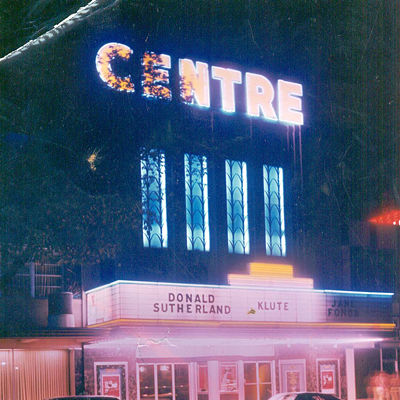"Never Let Me Go" is easier to admire than love, a movie as frustrating as it is fascinating. That probably doesn't sound like a ringing endorsement, but this science-fiction romance is too haunting and provocative to dismiss simply because of some missteps.
Based on the acclaimed 2005 novel by Kazuo Ishiguro, "Never Let Me Go" imagines an alternate universe that has found a coldly efficient way to cure the incurable and extend the average life past 100 years. The film doesn't spell out exactly what that process is until about 30 minutes in —? so feel free to skip ahead a couple of paragraphs if you're ardently anti-spoiler — but the horrible truth is fairly obvious from the outset.
A section of the population is cloned and raised in isolation. Once they reach adulthood, they become go-to organ donors, with most likely to die by the time of their third donation. We are introduced to Hailsham, a British boarding school in the year 1978. A trio of preteen donors takes their first tentative steps toward young love. Sweet-natured Kathy (Isobel Meikle-Small) finds herself smitten with Tommy (Charlie Rowe), a handsome but awkward boy who is bullied by the others.
Completing the love triangle is Ruth (Ella Purnell), a schemer who winds up stealing Tommy's affections. The familiar dramas of adolescence play out amid a strange and mysterious tableau of absent parents and constant medical monitoring.
Cut to eight years later, and the three friends are young adults. Kathy (Carey Mulligan, "Wall Street: Money Never Sleeps") pines for Tommy (Andrew Garfield, "The Social Network"), who has remained the bed buddy of Ruth (Keira Knightley, "The Duchess"). They live in a sort of halfway house for donors, where they take occasional trips to the city and mimic the behavior of people they see on the telly. There are squabbles and jealousies, questions of their origin and a wary acceptance of a bleak future.
"Never Let Me Go" is not for the attention-challenged. Director Mark Romanek ("One Hour Photo") and screenwriter Alex Garland ("28 Days Later") let this stark dystopia unfold with funereal elegance. To their credit, they let information come piecemeal. The pace is measured, the tone elegiac, and the mood captured with beautiful precision by cinematographer Adam Kimmel ("Capote"), whose compositions and use of darkness are fit for a museum showing.
The leads are similarly up to the task. Garfield, quickly emerging as a first-rate young actor, lends Tommy a dense affability. Mulligan is particularly excellent, imbuing Kathy, who serves as the film's narrator, with vulnerability and warmth. It's also worth noting that Mulligan also demonstrates fair mastery with working her tear ducts.
Still, the movie's prettified but gloomy atmospherics create an emotional remoteness not quite overcome by its cast. Like "The Road," another adaptation of a sad and powerful novel, "Never" isn't too nimble at calibrating despair. It is reserved and artful — but almost to the point of suffocation. —?Phil Bacharach







